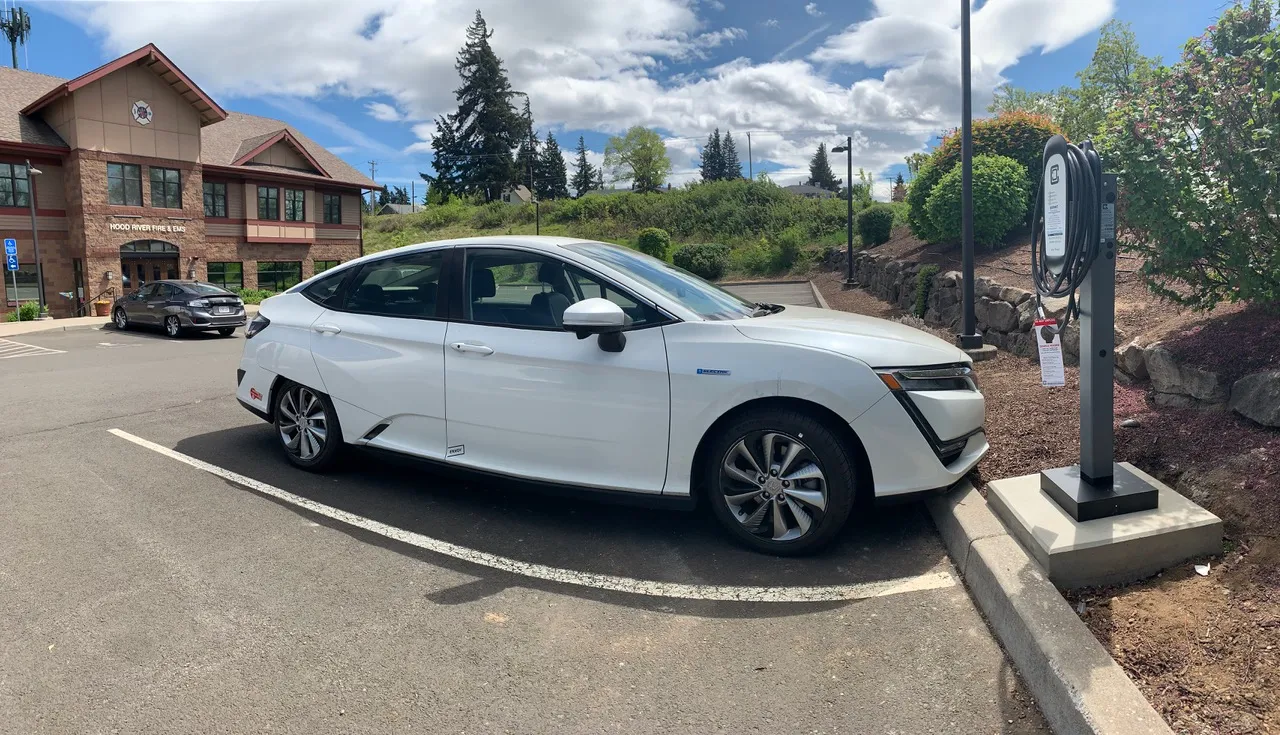Michael Baker International will provide technical management for the implementation of connected vehicle technologies along a 35-mile stretch of the US Route 33 near Columbus, Ohio. The project aims to make roads safer, less congested and equipped for real-life testing of connected and autonomous vehicles and is scheduled for completion in January 2020.
NW 33 Innovation Corridor Council of Governments (NW33) chose the provider of engineering solutions in a $1m (£710,200) contract that runs between the City of Dublin and the City of Marysville.
Through the agreement, Michael Baker International and subconsultant, Alten-Cresttek, will assist project sponsors and partners in using insights gained from the project to improve safety and create opportunities for economic development throughout the corridor. Members include the cities of Dublin and Maryville, Union County, Ohio Department of Transportation, DriveOhio, Honda, Battelle, TRC and the Ohio State University College of Engineering.
This scheme is part of a wider $15m (£10m) initiative which includes a $6m (£4.2m) US Department of Transportation grant awarded to NW33 in 2016.
The 33 Smart Mobility Corridor connects the Transportation Research Centre and the Ohio State University’s Centre for Automotive Research. In addition, it provides a link to smart mobility initiatives taking place at the Smart Columbus project.
Michael Baker International to implement US smart mobility corridor
Michael Baker International will provide technical management for the implementation of connected vehicle technologies along a 35-mile stretch of the US Route 33 near Columbus, Ohio. The project aims to make roads safer, less congested and equipped for real-life testing of connected and autonomous vehicles and is scheduled for completion in January 2020. NW 33 Innovation Corridor Council of Governments (NW33) chose the provider of engineering solutions in a $1m (£710,200) contract that runs between the
April 5, 2018
Read time: 2 mins









